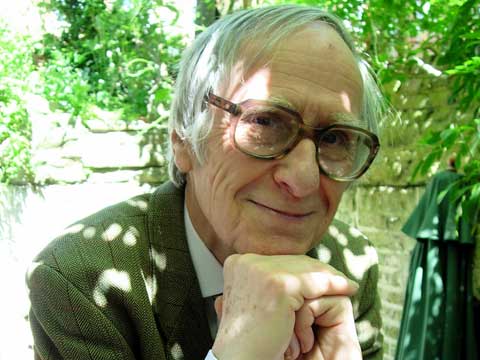
by Shaun Chamberlin | Jun 19, 2015 | All Posts, Cultural stories, David Fleming, Lean Logic
I am currently hunkered down working on a project close to my heart, editing my late friend and colleague Dr. David Fleming‘s incredible life’s work Lean Logic: A Dictionary for the Future and How to Survive It, for its publication by Chelsea Green later...

by Shaun Chamberlin | May 29, 2015 | All Posts, Climate Change, Cultural stories, Economics, Out and about, Politics, TEQs (Tradable Energy Quotas), Transition Movement
Lately we’ve seen the president of the World Bank and ‘business leaders from the very carbon-intensive industries’ pushing for carbon pricing (taxes or ‘carbon trading’ schemes). This is intended to demonstrate their deep change of heart...
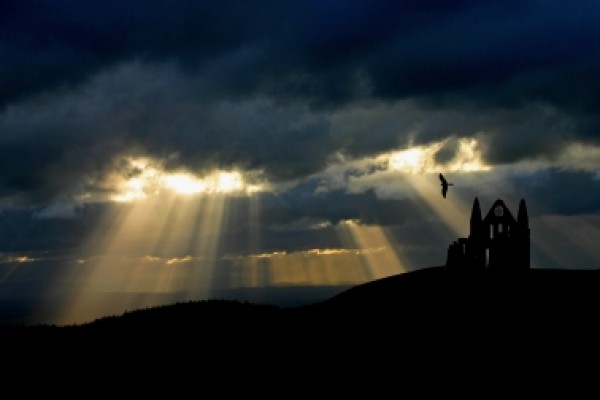
by Shaun Chamberlin | Dec 21, 2014 | 21st December, All Posts, Climate Change, Cultural stories, Favourite posts, Out and about, Philosophy
This is an excerpt from a longer video interview Rhonda Fabian conducted with Shaun Chamberlin at the opening of the New Story Summit in Findhorn, Scotland. Part of a Findhorn Foundation documentary initiative. Transcript originally published in the Kosmos Journal....
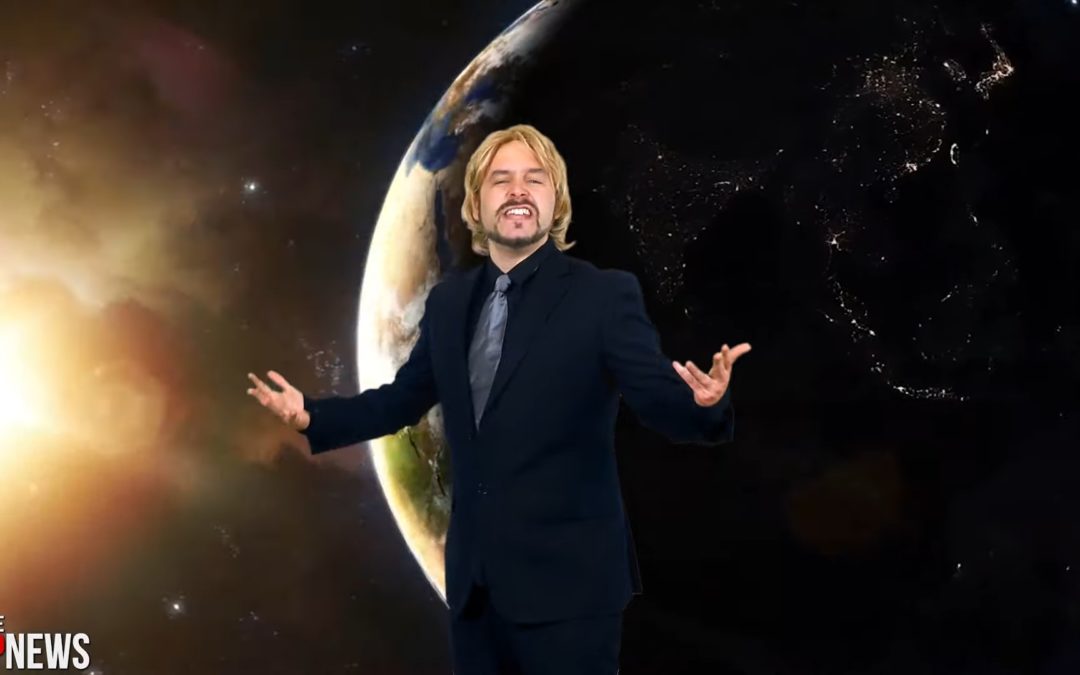
by Shaun Chamberlin | Dec 1, 2014 | All Posts, Cultural stories, Politics
RapNews have outdone themselves, and that’s saying something:...
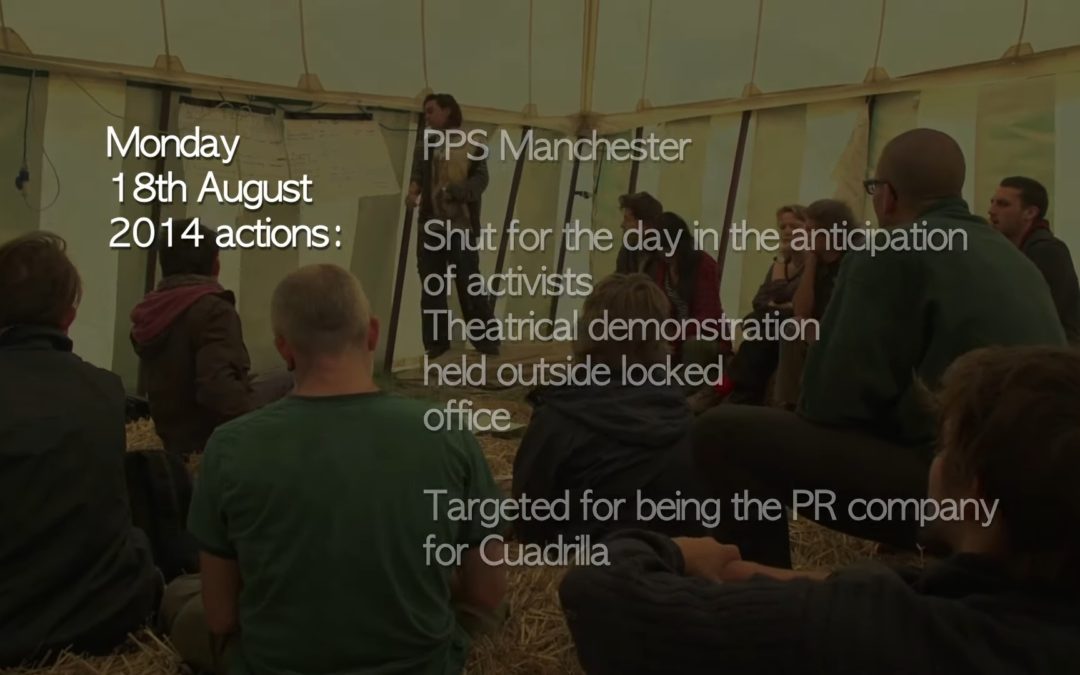
by Shaun Chamberlin | Sep 1, 2014 | All Posts, Climate Change, Cultural stories, Out and about, Politics, TEQs (Tradable Energy Quotas), The right to land, Transition Movement
A couple of nice videos from my wanderings in August. I started with a few days at the ever-wonderful Transition Heathrow, to support them through their threatened eviction. You can see how that went in the short video above. And then a coach was arranged from Grow...
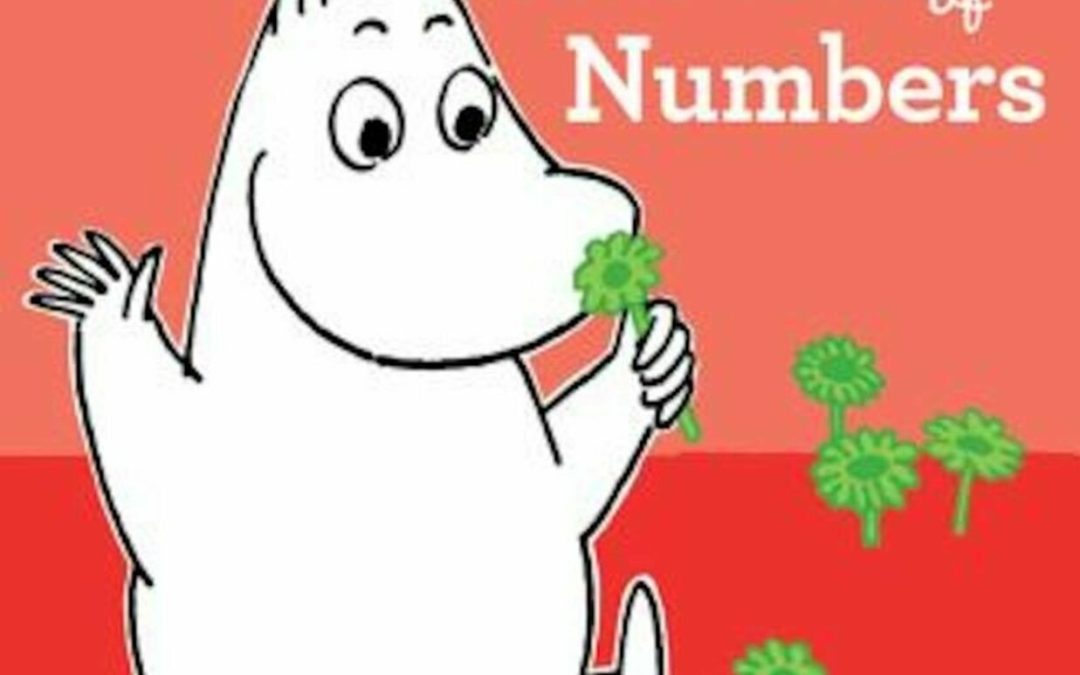
by Shaun Chamberlin | May 19, 2014 | All Posts, Cultural stories, Economics, Philosophy, Transition Movement
This post was originally written by me as a guest post for Rob Hopkins’ Transition Culture blog, but I have kindly given myself permission to reproduce it here ? A response to a recent post by Rob Hopkins ‘The impact of Transition. In numbers.’....








Recent Comments